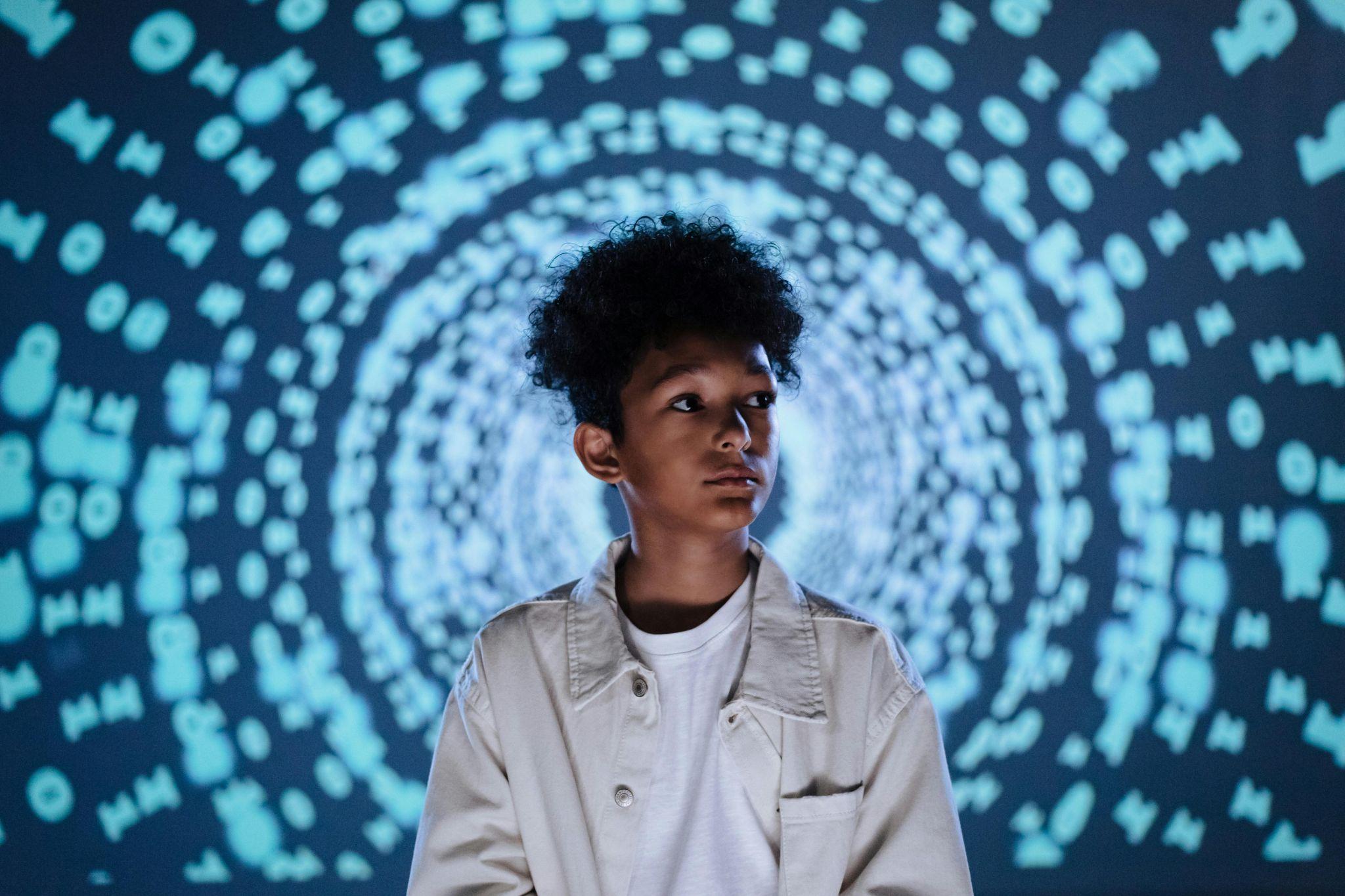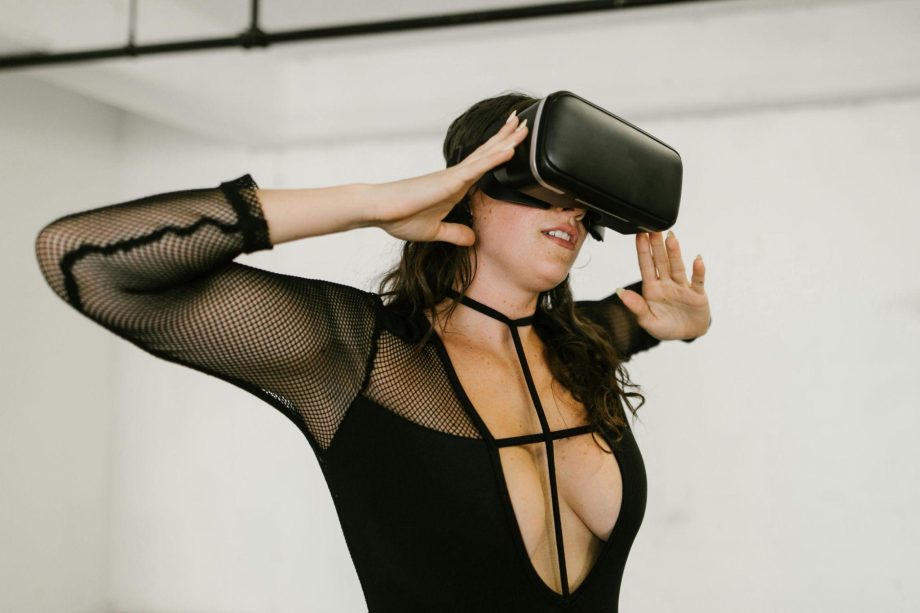The convergence of fashion and technology is revolutionizing the way we think about, create, and consume clothing. Fashion technology startups are spearheading this transformation, introducing innovative solutions that bridge the traditional world of design with cutting-edge digital capabilities. These pioneering companies are reshaping everything from the design process to the retail experience, creating a new paradigm for the fashion industry.
The Rise of Fashion Tech Startups
The emergence of fashion tech startups marks a significant turning point in the industry’s evolution. These companies are not merely adding technological elements to existing fashion processes; they’re fundamentally reimagining how fashion can be created, distributed, and experienced. With global investment in fashion technology reaching $2.1 billion in 2023, the sector has demonstrated remarkable growth and potential.
Key Drivers Behind the Fashion-Tech Merger
Several crucial factors have catalyzed the fusion of fashion and technology:
- Consumer Demand for Personalization: Modern shoppers expect tailored experiences and customized products, driving startups to develop AI-powered recommendation systems and made-to-order manufacturing solutions. This shift has led to a 47% increase in personalized fashion purchases since 2020.
- Sustainability Imperatives: Environmental concerns have pushed startups to innovate in areas like sustainable materials development, waste reduction technologies, and circular fashion solutions. These initiatives have reduced fashion-related waste by an estimated 23% in participating brands.
- Digital Transformation: The acceleration of e-commerce and digital interactions has created opportunities for virtual showrooms, blockchain-based authentication, and augmented reality shopping experiences. Digital fashion platforms have seen a 156% growth in user engagement over the past two years.
- Manufacturing Innovation: Advanced technologies like 3D printing, automated cutting systems, and smart textiles have enabled new possibilities in production efficiency and product functionality.
Notable Fashion Tech Startups Leading the Way
| Startup Name | Focus Area | Key Innovations | Impact Metrics |
|---|---|---|---|
| Tribute Brand | Digital Fashion | Virtual clothing and AR experiences | 200,000+ digital garments sold |
| Syky | Phygital Accessories | Blockchain-authenticated fashion items | $12M in platform transactions |
| Fabbric | Design Tools | AI-powered design automation | 40% reduction in design time |
| Stitch Fix | Personalized Styling | Machine learning algorithms | 4.1M active clients |
| Rent the Runway | Fashion Subscription | Digital inventory management | $203M annual revenue |
Innovations Transforming the Fashion Industry

Digital and Virtual Fashion
The rise of digital fashion represents one of the most revolutionary developments in the industry. Virtual clothing pieces and digital wardrobes are becoming increasingly popular, particularly among younger consumers who value digital self-expression.
Key Developments in Digital Fashion:
- Virtual Try-On Technology: Advanced AR solutions allowing customers to visualize clothing on themselves through their smartphones
- Digital-Only Collections: Fashion lines existing purely in digital form for social media and gaming platforms
- NFT Fashion Items: Blockchain-authenticated digital fashion pieces with proven ownership and scarcity
- Metaverse Fashion: Clothing and accessories designed specifically for virtual world experiences
AI and Data-Driven Design
Artificial intelligence and machine learning are transforming how fashion brands approach design, manufacturing, and retail operations. These technologies enable:
- Predictive Analytics: AI systems analyzing social media trends, purchase history, and weather patterns to forecast fashion trends with up to 90% accuracy
- Automated Design Processes: Machine learning algorithms generating design variations based on successful styles
- Inventory Optimization: Smart systems managing stock levels and reducing overproduction by up to 30%
- Personalized Recommendations: AI-powered platforms providing tailored style suggestions with 73% higher engagement rates
Challenges Faced by Fashion Tech Startups
Balancing Creativity and Technology
Fashion tech startups must navigate the delicate balance between maintaining artistic integrity and leveraging technological innovation. This challenge manifests in several ways:
- Preserving Human Touch: Ensuring that automation and AI complement rather than replace creative decision-making
- Technical Limitations: Working within the constraints of current technology while pursuing creative visions
- Design Authenticity: Maintaining brand identity while implementing technological solutions
- Skills Integration: Building teams that combine fashion expertise with technical knowledge
Navigating Market Adoption
The path to widespread acceptance presents significant hurdles for fashion tech startups:
| Challenge | Impact | Solution Strategies |
|---|---|---|
| Consumer Education | 45% of potential users lack understanding | Interactive demos and influencer partnerships |
| Price Points | Initial high costs limiting adoption | Subscription models and gradual price reduction |
| Technical Infrastructure | Integration with existing systems | Phased implementation and compatibility focus |
| Industry Resistance | Traditional fashion houses hesitant to change | Collaborative approaches and proven ROI demonstrations |
The Future of Fashion-Tech Integration

Emerging Trends to Watch
The fashion technology landscape continues to evolve, with several promising trends emerging:
- Bioengineered Materials: Development of sustainable, lab-grown fabrics and materials
- Advanced Wearable Technology: Integration of smart functions into everyday garments
- Circular Fashion Platforms: Digital systems enabling efficient recycling and resale
- Augmented Reality Retail: Immersive shopping experiences combining physical and digital elements
- Blockchain Authentication: Transparent supply chain tracking and product verification
- Direct-to-Avatar Commerce: Sales of digital fashion items for virtual worlds and social platforms
Implications for the Fashion Industry
The continued evolution of fashion technology startups is reshaping industry fundamentals:
Manufacturing Transformation:
- On-demand production reducing inventory waste by up to 40%
- Automated systems cutting production time by 60%
- Local manufacturing hubs enabled by advanced technologies
Retail Evolution:
- Hybrid shopping experiences combining digital and physical elements
- Personalized pricing and promotions based on customer data
- Virtual fashion advisors and styling services
Sustainability Impact:
- Reduced material waste through precise digital design
- Lower carbon footprint from optimized production processes
- Increased product lifespan through better quality control
The fusion of fashion and technology, driven by innovative startups, represents a fundamental shift in how we interact with clothing and accessories. As these companies continue to push boundaries and overcome challenges, they are creating a more sustainable, efficient, and personalized fashion industry. The success of fashion tech startups not only demonstrates the viability of technology-driven solutions but also points to a future where fashion and technology are inseparable partners in creating value for consumers and businesses alike.

